No bees -- no cucumbers?
roselee z8b S.W. Texas
13 years ago
Related Stories

GARDENING FOR BUTTERFLIESGardening for the Bees, and Why It’s a Good Thing
When you discover how hard bees work for our food supply, you may never garden without them in mind again
Full Story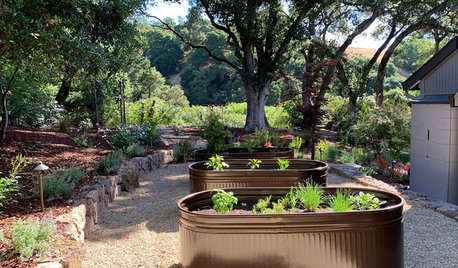
FARM YOUR YARD6 Things to Know Before You Start Growing Your Own Food
It takes time and practice, but growing edibles in the suburbs or city is possible with smart prep and patience
Full Story
EDIBLE GARDENSGarden BFFs? Why Your Vegetables Are Begging for Companion Plants
Foster friendships among plants for protection from pests, pollination support and color camaraderie
Full Story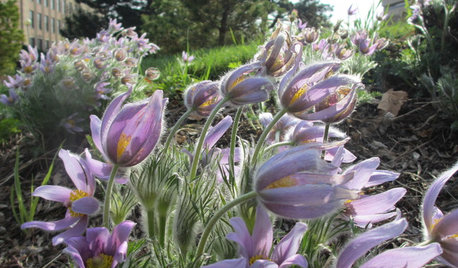
GARDENING GUIDES6 Plants That Beat Butterfly Bush for the Wildlife Draw
It's invasive, a nonnative and a poor insect magnet. Check out these better alternatives to butterfly bush in the garden
Full Story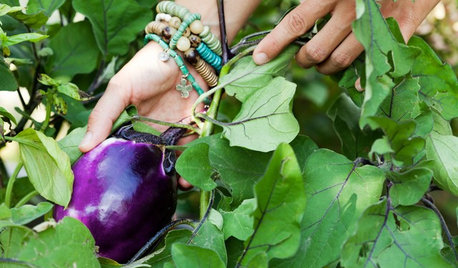
EDIBLE GARDENSHouzz Call: What Did You Grow This Summer?
Let’s celebrate the homegrown fruits and vegetables of the season. Post your pictures and tell us about your harvest
Full Story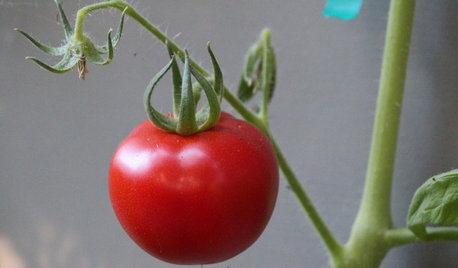
FARM YOUR YARDIf You Have Room for Only One Summer Crop ...
Get an edible that’s long on flavor even if you’re short on space, with a long-time gardener’s favorite picks
Full Story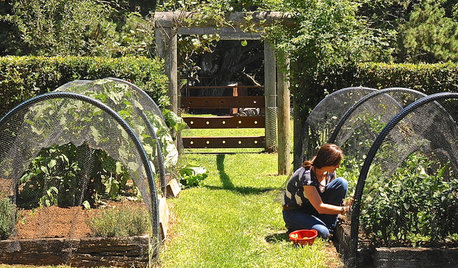
FARM YOUR YARDHouzz Call: Home Farmers, Show Us Your Edible Gardens
We want to see where your tomatoes, summer squashes and beautiful berries are growing this summer
Full Story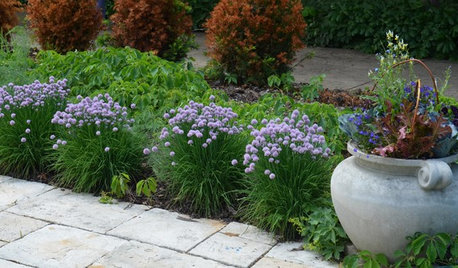
GARDENING GUIDESEdible Plants That Double as Ornamentals
Try growing these tasty plants with your ornamentals for an attractive garden and fresher meals
Full Story
EDIBLE GARDENSHow to Grow Your Own Sweet Summer Crops
This guide will help any gardener get started on growing the freshest warm-season veggies and berries for summer
Full Story
GARDENING AND LANDSCAPINGBid Bad Garden Bugs Goodbye and Usher In the Good
Give ants their marching orders and send mosquitoes moseying, while creating a garden that draws pollinators and helpful eaters
Full StorySponsored
Columbus Area's Luxury Design Build Firm | 17x Best of Houzz Winner!
More Discussions






bobbi_p
roselee z8b S.W. TexasOriginal Author
Related Professionals
Middle Island Landscape Architects & Landscape Designers · Wareham Landscape Architects & Landscape Designers · Bristol Landscape Contractors · Doctor Phillips Landscape Contractors · Las Vegas Landscape Contractors · Lexington Landscape Contractors · McLean Landscape Contractors · Pahrump Landscape Contractors · Irvington Landscape Contractors · North Hills Landscape Contractors · Baltimore Window Contractors · Calabasas Window Contractors · Estero Window Contractors · Muncie Window Contractors · Sayville Window Contractorsroselee z8b S.W. TexasOriginal Author
shebear
roselee z8b S.W. TexasOriginal Author
roselee z8b S.W. TexasOriginal Author
wally_1936
dragonfly_wings
roselee z8b S.W. TexasOriginal Author
fairview